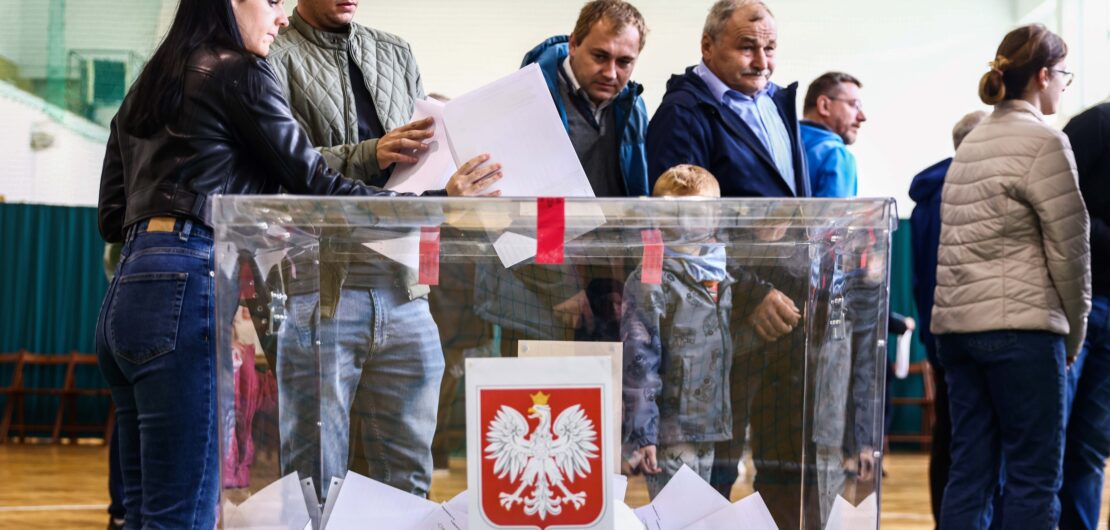 Library
Library
Poland’s unfair election reinforces demands for Europe-wide Media Freedom…
Poland’s unfair election reinforces demands for Europe-wide Media Freedom Act
As the European Parliament, Council and Commission enter the final negotiations on the EMFA, media freedom and human rights groups today call for the adoption of the Parliament’s text, which, while also in need of further strengthening, is currently the version best equipped to roll back the creeping spread of media capture.
The recent elections in Poland underscore the need for a strong EMFA. The opposition won a majority, despite the fact the governing PiS party “enjoyed clear advantage through its undue influence over the use of state resources and the public media”, according to an interim report by the Organization for Security and Cooperation in Europe (OSCE).
The recent report Media freedom at a crossroads by the Media Freedom Rapid Response (MFRR) following a pre-election mission in early September highlighted the extent of political capture of the media in Poland including:
- Converting public media into the propaganda arm of the government.
- Weaponizing media regulators to issue arbitrary and punishing fines while threatening license removal of independent and critical broadcast media.
- Taking over the largest regional media network through the state-controlled energy company, leading to a swift clear out of editors, who were replaced by pro-government figures.
- Abusing of state finances to:
- withdraw crucial advertising funds from critical media and redirect it to pro-government outlet
- fund an unprecedented wave of vexatious lawsuits, or SLAPPs, against critical journalists.
In the case of Poland, state-led media capture was not yet extensive enough to fully control the news and information space, with private independent media demonstrating high levels of resilience. This is in part due to the financial strength of Polish media operating in a significantly larger market than in many other EU countries. However, there are not sufficient safeguards in place to prevent further capture.
The electoral defeat of PiS does not diminish the threat of media capture, particularly in countries where smaller markets can leave media much more vulnerable to state pressure, and must not distract European policy makers from building the necessary safeguards regardless of whichever governments are in power.
If the EU is serious about protecting media freedom in Europe, and thereby ensuring free and fair elections, it must adopt the European Parliament’s position on the EMFA with all its safeguards related to surveillance, public service media, ownership transparency, editorial independence, independent national and Europe wide media regulators, media pluralism and the misuse and abuse of state funds.
With European elections due next year, the EU must act now to establish the rules, principles and standards necessary to protect against the further and future erosion of media freedoms in Europe.
This statement was coordinated by the Media Freedom Rapid Response (MFRR), a Europe-wide mechanism which tracks, monitors and responds to violations of press and media freedom in EU Member States and candidate countries.

